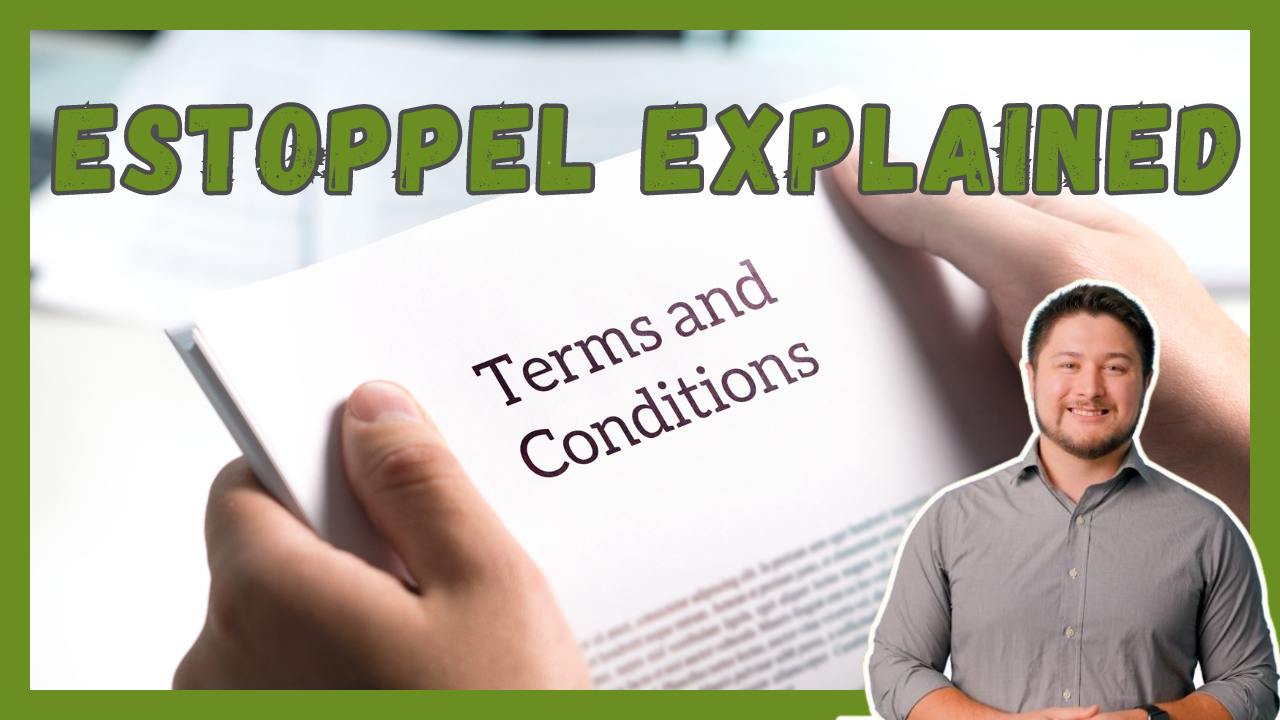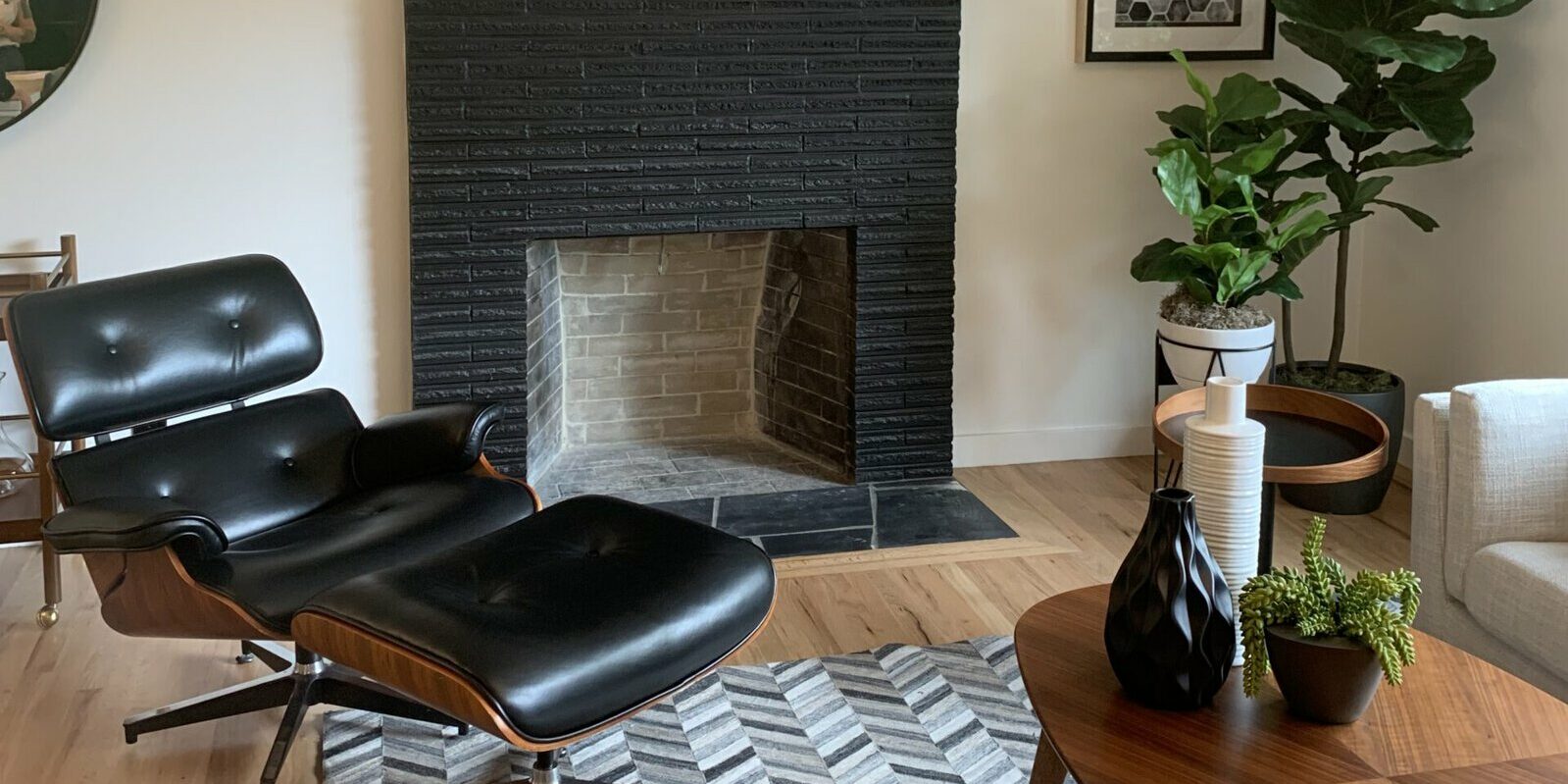One of the most common questions buyers ask is, “When can I move in?” The answer depends on the possession date in your real estate contract. This date determines when you officially take ownership of your new home and can start moving in. Let’s explore three main scenarios for possession dates, helping you understand what to expect and how to plan your move.
1. Possession on the Closing Date
The most straightforward scenario is when your possession date matches the closing date. On this day, you sign all necessary documents, and the property becomes yours. Once your name registers with the title, you officially own the home and can start moving in immediately. This scenario is ideal for many buyers because it allows you to move in as soon as the deal closes.
2. Possession After the Closing Date
Sometimes, sellers need extra time in the property after the sale is finalized. In these cases, the possession date will be set for a few days or weeks after the closing date. For example, if your closing date is January 15th, you might agree to give the sellers two more weeks to move out. During this period, you own the property, but the sellers remain in the home, often paying you rent until they leave. This arrangement, known as a “rent-back” agreement, is common when sellers need more time to relocate.
3. Early Occupancy Before Closing
A less common scenario involves moving into the property before the closing date. While convenient, this option comes with risks. If the transaction falls through, you may have to move out before the deal completes, causing major inconvenience. Additionally, you will likely need to pay rent to the seller for the time spent in the home before closing. Early occupancy is typically reserved for special circumstances and requires careful consideration.
Planning Your Move-In Day
If your possession date is on the closing date, planning your move carefully is essential. Typically, you can expect to receive the keys to your new home by 3 PM, but it’s safer to aim for a 5 PM move-in. The exact time depends on when the title records. I will keep in close contact with the title company and update you promptly. If there’s a chance to get in earlier, I’ll notify you as soon as possible.
Have Questions? I’m Here to Help!
Understanding possession dates is crucial for a smooth transition into your new home. If you have any questions about buying a home or need more personalized advice, feel free to reach out to me. Connect with me on YouTube, Instagram, or Facebook.
For a more detailed consultation or to get started on your home buying journey, schedule a free strategy session here. You can also access my Free Buyer’s Guide to help you through every step of the process here.











